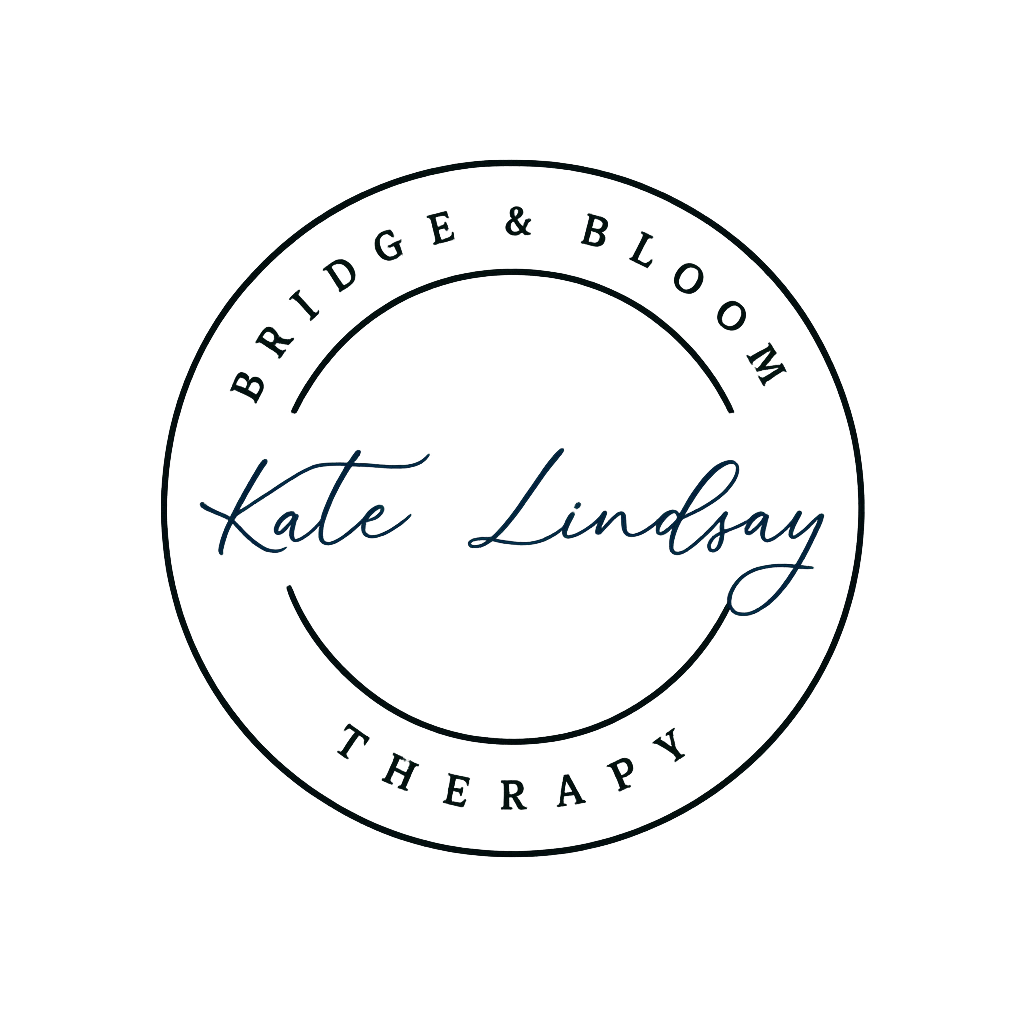When the System Gets It Wrong
When the System Gets It Wrong: The Harm of Over-Relying on CBT
You finally gather the courage to ask for help. Maybe it’s after years of carrying trauma alone, or maybe it's the first crack in the surface after holding everything together for far too long. You walk into a GP’s office, voice shaking, heart open.
What you're offered is CBT.
And when it doesn’t work — when you leave still hurting, or worse, hurting more — you’re left with the silent message: You failed therapy.
But you didn’t.
The truth is, the system failed you — and it’s time we talked about that.
CBT Isn’t the Problem. The System’s Use of It Is.
Let’s be clear: CBT (Cognitive Behavioural Therapy) isn’t evil. It can be helpful — for some people, in some situations. For anxiety, OCD, short-term behavioural support, or symptom management, it has a place.
But CBT was never designed to hold:
Complex trauma
Attachment wounds
Grief and loss
Emotional neglect
Structural oppression
Developmental harm
The lived experience of deep, long-term pain
And yet, CBT is the default NHS offering — not because it’s always the best choice, but because it’s:
Short
Manualised
Easy to measure
Easier to fund
The studies that lifted CBT onto its pedestal were built on flawed foundations — with narrow diagnostic criteria, limited follow-up, and a huge blind spot when it comes to real-life complexity. In other words: the people most in need of relational, long-term therapy were excluded from the very evidence base now used to deny them support.
The Damage Is Real
I’ve worked with so many clients who came to me after CBT “didn’t work.” But the problem wasn’t them. It was that they were handed a set of tools — worksheets, thought records, reframes — instead of a relationship. Instead of time. Instead of being met.
And what breaks my heart most?
They often believed the failure was theirs.
“It didn’t help. I must have done it wrong.”
“Maybe I’m just unfixable.”
“I don’t know how to change my thoughts.”
“What’s the point in trying again?”
When therapy leaves people feeling more hopeless than before, that’s not just ineffective. That’s harmful.
This Isn’t Just a Professional Concern — It’s a Human One
As a therapist, I care about the profession. But as a human, I care about the people we’re meant to serve. The NHS’s over-reliance on CBT doesn’t just limit choice — it actively distorts the public’s understanding of what therapy can be.
It tells us:
That therapy should be short and results-driven
That emotional pain can be solved by “thinking differently”
That if CBT doesn’t help, therapy in general probably won’t
But real therapy — trauma-informed, relational, ethically bound — is not about changing thoughts. It’s about being met in your pain, held in safety, and slowly building the trust and capacity to heal.
That takes time. It takes care. And it takes a system that sees humans, not outcomes.
We Deserve Better
This isn’t a criticism of CBT therapists. Many are skilled, ethical, and doing their best within a constrained system.
But it is a call to the NHS — and to anyone with power in the field — to stop pretending that one model fits all. It doesn't. And continuing to pretend it does is costing people not just their money or time, but their hope.
If you've been harmed by therapy that didn’t meet you — please know:
You didn’t fail therapy. Therapy failed to meet you.
There is still more out there. More care. More depth. More space to be fully, painfully, wonderfully human — and not have to apologise for it.


